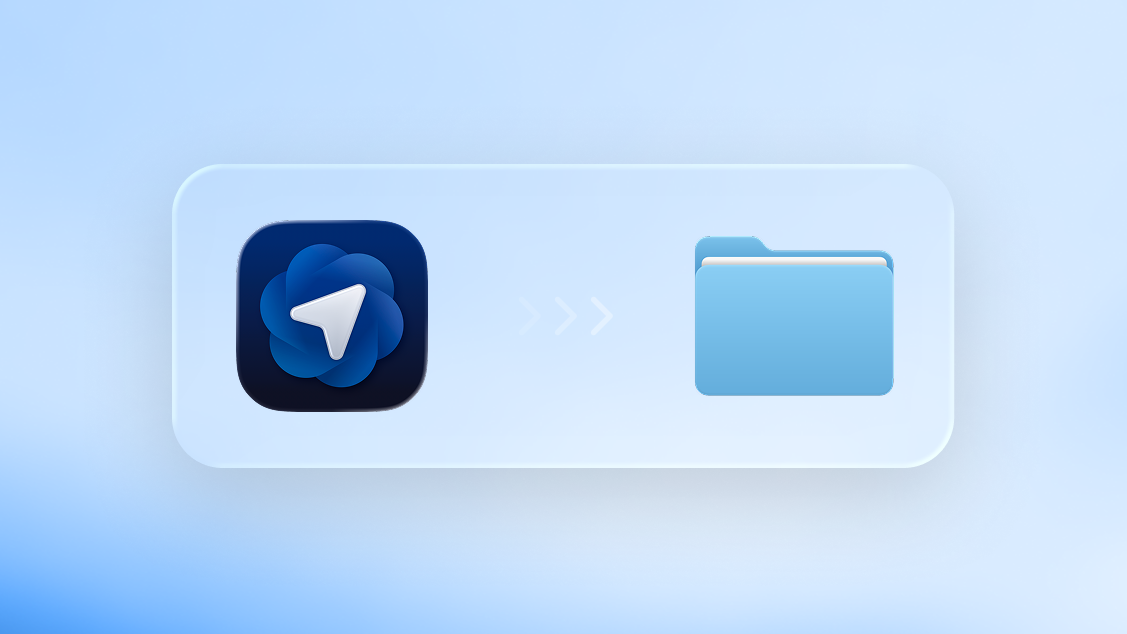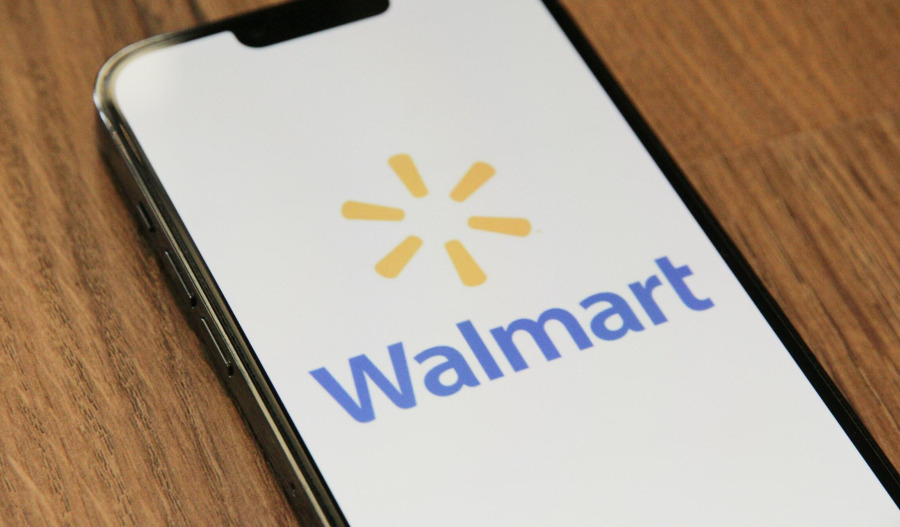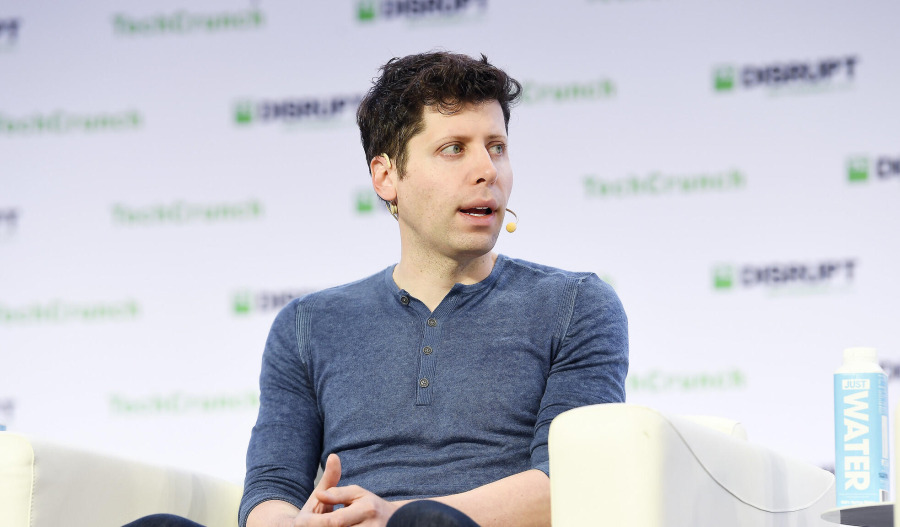OpenAI fired a shot across Google's bow on Tuesday, unveiling ChatGPT Atlas - an AI-powered web browser that directly challenges Chrome's 71.9% stranglehold on the global browser market.
The launch marks OpenAI's most aggressive expansion yet, beyond its core chatbot product, tapping into 800 million weekly active users whilst simultaneously hoovering up valuable data about consumer browsing behaviour.
It could accelerate a fundamental shift in how people search online - moving away from Google's traditional keyword-based results toward conversational AI tools that synthesise information on the fly.
Alphabet shares dropped 1.8% in afternoon trading following the announcement - a telling reaction to what analysts see as an existential threat to Google's US$200 billion advertising empire.
Agent mode does the heavy lifting
Atlas distinguishes itself through a persistent ChatGPT sidebar that can summarise content, compare products and analyse data from any website in real-time.
But the real innovation lies in "agent mode" - now available to paid subscribers - which allows ChatGPT to autonomously complete tasks from start to finish without human intervention.
In Tuesday's demonstration, OpenAI developers showcased the browser finding an online recipe and then automatically purchasing all required ingredients through Instacart, navigating the website and adding groceries to the cart - a process that took several minutes but required zero clicks from the user.
The browser launches globally on macOS, with Windows, iOS and Android versions rolling out later.
Ad revenue in the crosshairs
Atlas enters an increasingly crowded landscape that includes Perplexity's Comet, Brave Browser and Opera's Neon - all racing to integrate AI capabilities.
Yet OpenAI's massive user base sets it apart, and more importantly, analysts see the browser as a precursor to OpenAI entering the advertising market.
"Integrating chat into a browser is a precursor for OpenAI starting to sell ads, which it has yet to do so far," D.A. Davidson analyst Gil Luria said, talking to Reuters.
"Once OpenAI starts selling ads that could take away a significant part of search advertising share from Google, which has around 90% of that spend category."
Google hasn't sat idle. The tech giant has integrated its Gemini AI model into Chrome for U.S. users and now displays AI overviews alongside traditional search results - adapting to the threat ChatGPT posed when it launched in late 2022.
The company also scored a win in September when a federal judge ruled Google won't have to sell Chrome, noting that heavy investment in generative AI by Big Tech and startups now threatens traditional search.
Despite the competition and regulatory scrutiny, Chrome maintains a commanding market share. But with Atlas now in play - and OpenAI's proven track record of disrupting incumbents - that dominance faces its most credible challenge yet.



